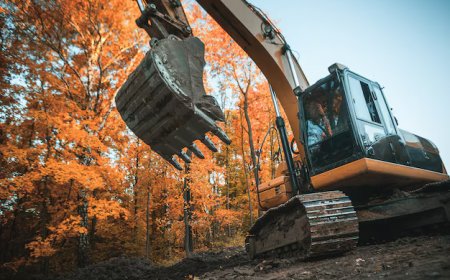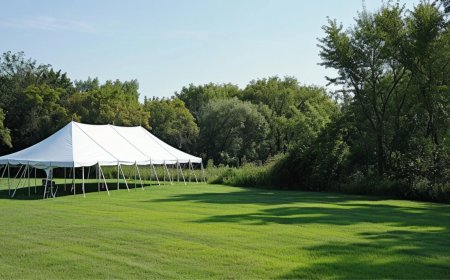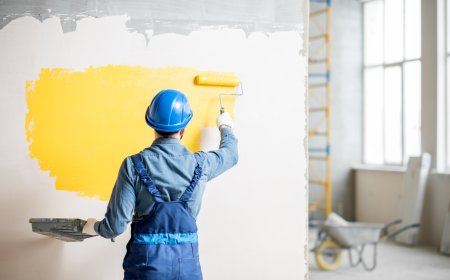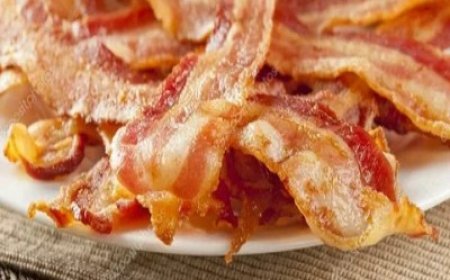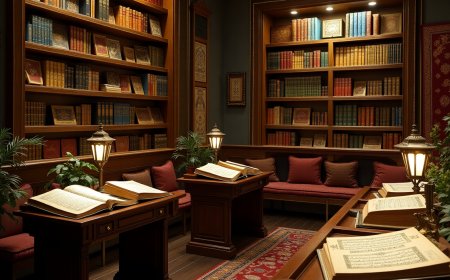What Is a Chimney Liner and Why Every Bellevue Home Should Have One
A chimney liner protects your chimney, improves safety, enhances efficiency, and prevents damage from heat, corrosion, and creosote buildup.
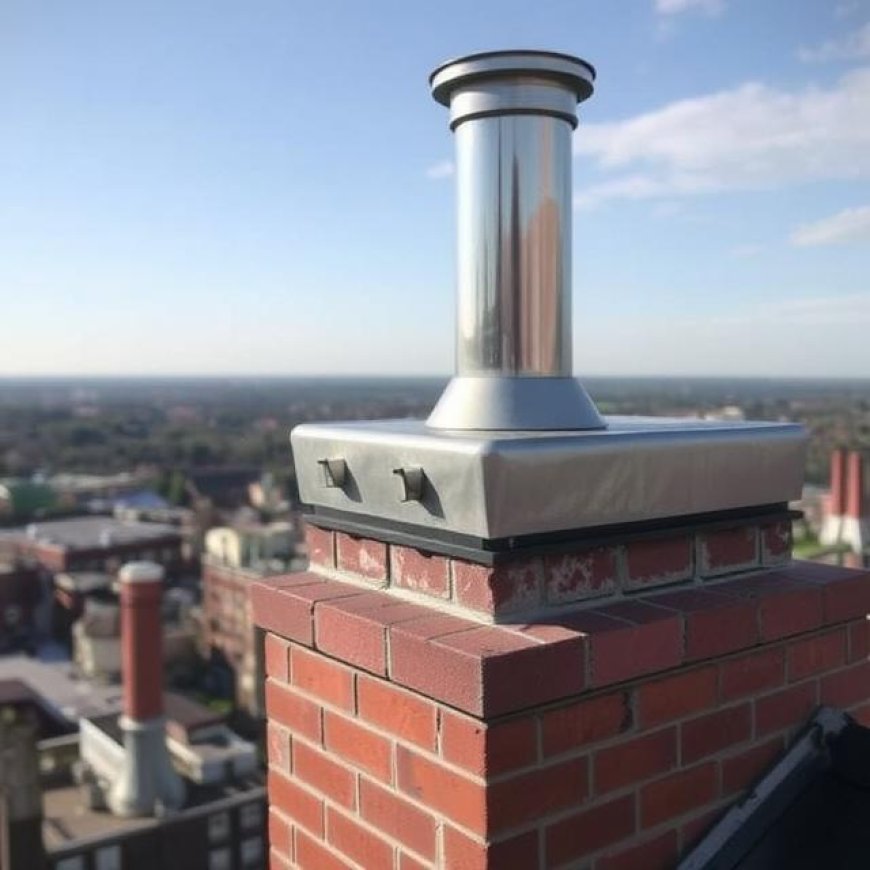
If youve ever looked up at your chimney and wondered whether everything inside is just fine, youre not alone. Many homeowners dont pay much attention to whats happening inside those tall brick or metal tubes until something goes wrong. But heres the thing: a chimney isnt just a simple pipe for smoke; its a vital part of your homes safety, efficiency, and overall health. And at the heart of keeping it all in check lies something called a chimney liner. If youre a Bellevue homeowneror thinking of becoming oneunderstanding what a chimney liner does and why its a must-have can save you money, trouble, and even your peace of mind.
What Exactly Is a Chimney Liner?
Think of a chimney liner as a protective sleeve that lines the inside of your chimney. Its like giving your chimney a cozy, safe interior coating that shields everything inside. Without it, the rough brick or metal pipe is exposed to the high temperatures and corrosive byproducts created when you burn wood, gas, or coal. Over time, this exposure can cause the chimney to weaken, crack, or even develop dangerous leaks.
Imagine your chimney as a tunnel that carries smoke and fumes out of your home. If the tunnel isnt protected, those fumes can eat away at the walls. A chimney liner acts as a barriermade from materials like stainless steel or claythat lines the entire length of the chimney. It helps contain the heat, keeps out moisture, and prevents harmful gases from seeping into your home or damaging the structure.
In simple terms, a chimney liner is your home's way of making sure that the smoke, fumes, and heat stay where they shouldinside the chimneyand dont cause trouble for your house or your health.
Key Features That Make a Chimney Liner a Home Essential
- Protection Against Damage:
Without a liner, the brick or metal pipe inside your chimney can deteriorate over time. The intense heat and corrosive substances from burning fuel can erode the walls, leading to cracks or even dangerous collapses. A liner keeps everything intact and prevents costly repairs.
- Enhanced Safety:
One of the biggest worries with an unlined chimney is the risk of carbon monoxide leaks or chimney fires. Carbon monoxide is a silent killerodorless and deadlyand can seep into your home if your chimney isnt properly sealed. A good liner creates a sealed pathway, reducing this risk substantially.
- Improved Efficiency:
A well-lined chimney helps your heating appliances work better because it improves airflow and keeps the heat contained. This means your heating system doesnt have to work as hard, saving you money on energy bills.
- Legal and Insurance Compliance:
Many local building codes and insurance policies require chimney liners. Having one installed isnt just a good idea; its often a necessity to stay compliant and protect your investment.
Why Every Bellevue Home Needs a Chimney Liner
Living in Bellevue means experiencing a mix of cozy winters and beautiful summers, but that also means youre likely using your fireplace or stove quite often during the colder months. Whether youre heating with wood, gas, or pellets, your chimney does a lot of work in keeping your home safe and warm. Heres why every Bellevue home should have a chimney liner:
- Protecting Your Homes Structure:
Bellevues weather can be pretty damp, especially during the rainy seasons. Moisture can seep into unlined chimneys, causing damage over time. A liner acts as a moisture barrier, preventing rust and decay.
- Safety First:
The last thing any homeowner wants is to deal with a chimney fire or dangerous fumes sneaking into the living space. Installing a liner significantly cuts down these risks.
- Boosting Efficiency and Savings:
A lined chimney allows your heating systems to perform optimally, which means less fuel consumption and lower billssomething every homeowner appreciates.
- Maintaining Property Value:
A properly maintained chimney with a liner is a selling point if you ever decide to move. It shows you care for your home and have taken steps to ensure its safety and longevity.
Quote
An ounce of prevention is worth a pound of cure.''
The Cost of a Chimney Liner: Is It Worth It?
When considering installing a chimney liner, many people get a bit sticker-shocked at first. But think of it this way: its an investment in your homes safety and efficiency. The price can vary depending on the size of your chimney, the material used, and whether youre replacing an existing liner or installing one in a new build.
| Factor | Cost Range | Impact on Safety | Energy Efficiency Benefits | Is It Worth It? |
|---|---|---|---|---|
| Clay Tile Liner | $1,500 $3,500 | Moderate (can crack over time) | Limited improvement | Worth it for traditional fireplaces |
| Stainless Steel Liner | $2,000 $5,000 | Excellent (durable & fire-resistant) | Significant efficiency gains | Highly recommended |
| Cast-in-Place Liner | $3,500 $7,000 | Excellent (seals old, damaged flues) | Good insulation improves efficiency | Worth it for older homes |
| Annual Maintenance (if any) | $100 $300 | Ensures continued safety | Maintains efficiency over time | Worth it to protect investment |
| Long-Term Home Value Impact | Adds $1,000 $3,000 | Adds to home safety compliance | Improves heating appliance function | Increases resale appeal |
Emergency? When to Call in the Pros
Sometimes, things happen unexpectedly. If you notice smoke backing up into your home, strange odors, or your fireplace isnt drawing properly, it might be time to call in a chimney expert. Cracks, rust, or visible damage in the liner are signs that its time for a replacement. Dont ignore these warningsaddressing issues promptly can prevent costly repairs or dangerous situations.
Remember, chimney emergencies arent just inconvenientthey can threaten your safety. Regular inspections, especially before winter, help catch problems early. If something urgent arises, professional emergency services are equipped to handle the situation swiftly and safely.
Frequently Asked Questions
Q1: What is a chimney liner, and why is it necessary?
A: A chimney liner is a protective casing installed inside your chimney to contain smoke, gases, and byproducts of combustion. It prevents heat transfer to surrounding combustibles, reduces corrosion, and improves the overall safety and efficiency of your fireplace or stove.
Q2: How do I know if my chimney needs a new liner?
A: Signs include visible cracks or damage, excessive soot buildup, rust, or a decrease in chimney performance. An annual inspection by a professional chimney sweep can assess the condition of your liner and recommend replacements if necessary.
Q3: What materials are used for chimney liners?
A: Common materials include stainless steel, clay tiles, and aluminum. Stainless steel liners are the most durable and versatile, suitable for various fuel types and climates.
Q4: How long does a chimney liner typically last?
A: Most high-quality stainless steel liners can last between 20 to 50 years with proper maintenance. Clay tile liners may last around 25 years but can crack over time, especially if exposed to freeze-thaw cycles.
Q5: Can I install a chimney liner myself?
A: Installing a chimney liner requires specialized tools and knowledge to ensure safety and code compliance. Its recommended to hire a professional chimney technician for installation.
Final Thoughts
As Ive learned over the years, a chimney isnt just a feature of your home; its a crucial safety component that deserves attention. Installing a chimney liner isnt just about meeting codes or ticking a boxits about protecting your loved ones, your property, and your peace of mind. If youre in Bellevue and have a fireplace, stove, or venting system, making sure you have a good liner installed is one of the smartest steps you can take.
Remember what the wise old saying goes: When it comes to your chimney, that couldnt be more true. Taking care of the inside of your chimney with a quality liner today means fewer worries tomorrow.
Stay safe, stay warm, and enjoy your cozy Bellevue home!
Read more:













